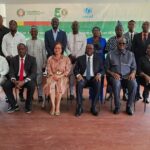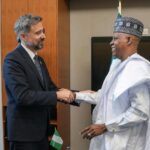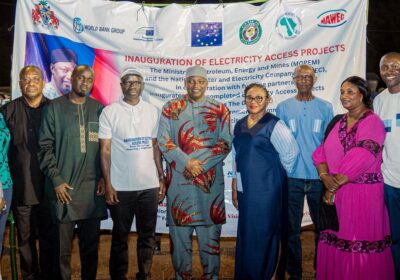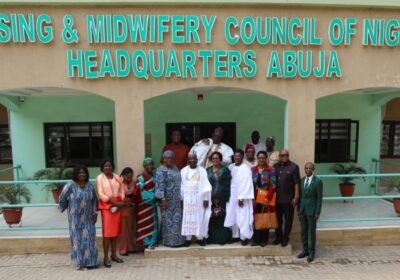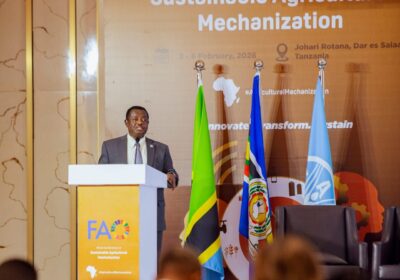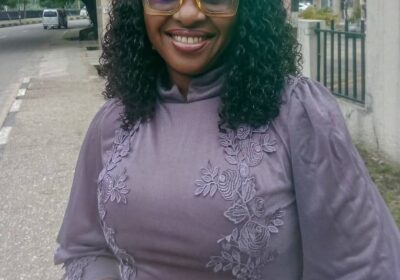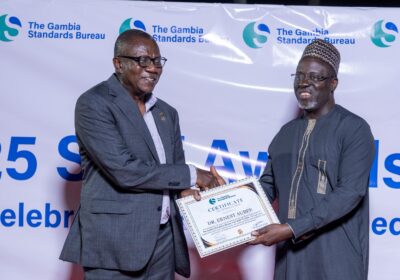ECOWAS Pushes for Disability Inclusion: Assistive Devices Delivered, Action Plan Spotlighted in Guinea-Bissau.
By Raymond Enoch
In a powerful demonstration of regional solidarity and social inclusion, ECOWAS held a high-impact awareness workshop in Guinea-Bissau. The event focused on the organization’s regional program to supply assistive devices to children with disabilities across West Africa. The initiative is a tangible step toward the ECOWAS Vision 2050 and its broader agenda of building a socially inclusive community. Guinea-Bissau’s government officials and civil society groups welcomed the support with enthusiasm, calling it a breakthrough for vulnerable populations often left behind in development conversations.
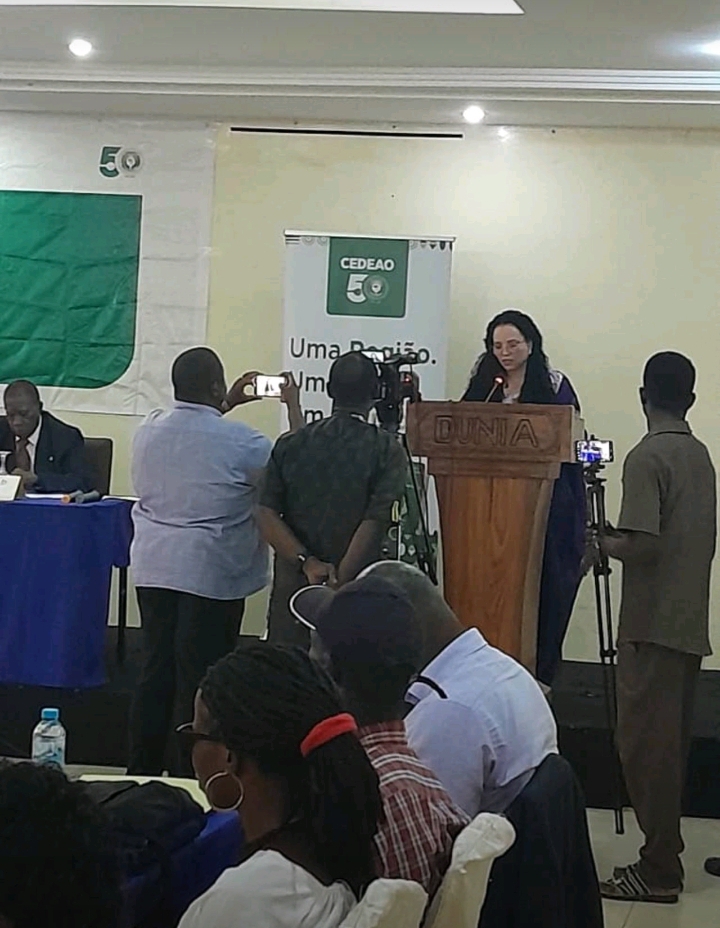
The Guinea-Bissau workshop also spotlighted the ECOWAS “Regional Action Plan on Disability Inclusion in West Africa (2022–2030),” adopted in June 2024 during a meeting of ministers responsible for disability affairs in Abuja. The plan lays out a comprehensive framework to promote legal protection, institutional reform, data collection, and resource mobilization for persons with disabilities. Key priorities include ratifying the African Union’s Protocol on the Rights of Persons with Disabilities, increasing public-private partnerships, and advocating for inclusive development across member states.
Guinea-Bissau joins Togo, Nigeria, and Sierra Leone as the fourth ECOWAS country to benefit from the Assistive Device Support Programme. This initiative, launched in 2024, provides functional equipment to children aged 1–17 with disabilities, aiming to enhance their access to education, mobility, and community participation. The program is currently in its second phase, with increased funding and reach. Guinea-Bissau’s inclusion marks another strategic milestone, demonstrating ECOWAS’s commitment to regional equity and empowerment.
At the workshop, ECOWAS Senior Programme Officer for Social Affairs, Dr. Fernando Jorge Alves D’almada, emphasized that 15% of children in West Africa live with some form of disability, a statistic that necessitates urgent intervention. Local leaders, disability rights advocates, and representatives from NGOs like Sightsavers echoed this call. They praised ECOWAS for addressing long-overlooked gaps in disability access and for setting the tone for government-level cooperation and accountability.
Despite these advances, significant challenges remain. The African Union Protocol on Persons with Disabilities has yet to be ratified by most ECOWAS states. Only a few—such as Togo, Burkina Faso, and Mali—have taken the step. ECOWAS continues to urge broader ratification and is working toward establishing a dedicated regional agency for disability affairs. The call for greater inclusion within ECOWAS’s own institutional structure, including recruitment of persons with disabilities, remains a key priority.
Toward an Inclusive and Empowered West Africa
With Guinea-Bissau now an active participant in the assistive device program, ECOWAS’s disability inclusion strategy is clearly gaining traction. From regional policy to practical support, the organization’s integrated approach signals a shift toward sustainable social inclusion in West Africa. As the program expands and awareness deepens, the momentum built in Guinea-Bissau may well serve as a blueprint for future efforts to ensure that no child—regardless of ability—is left behind.



